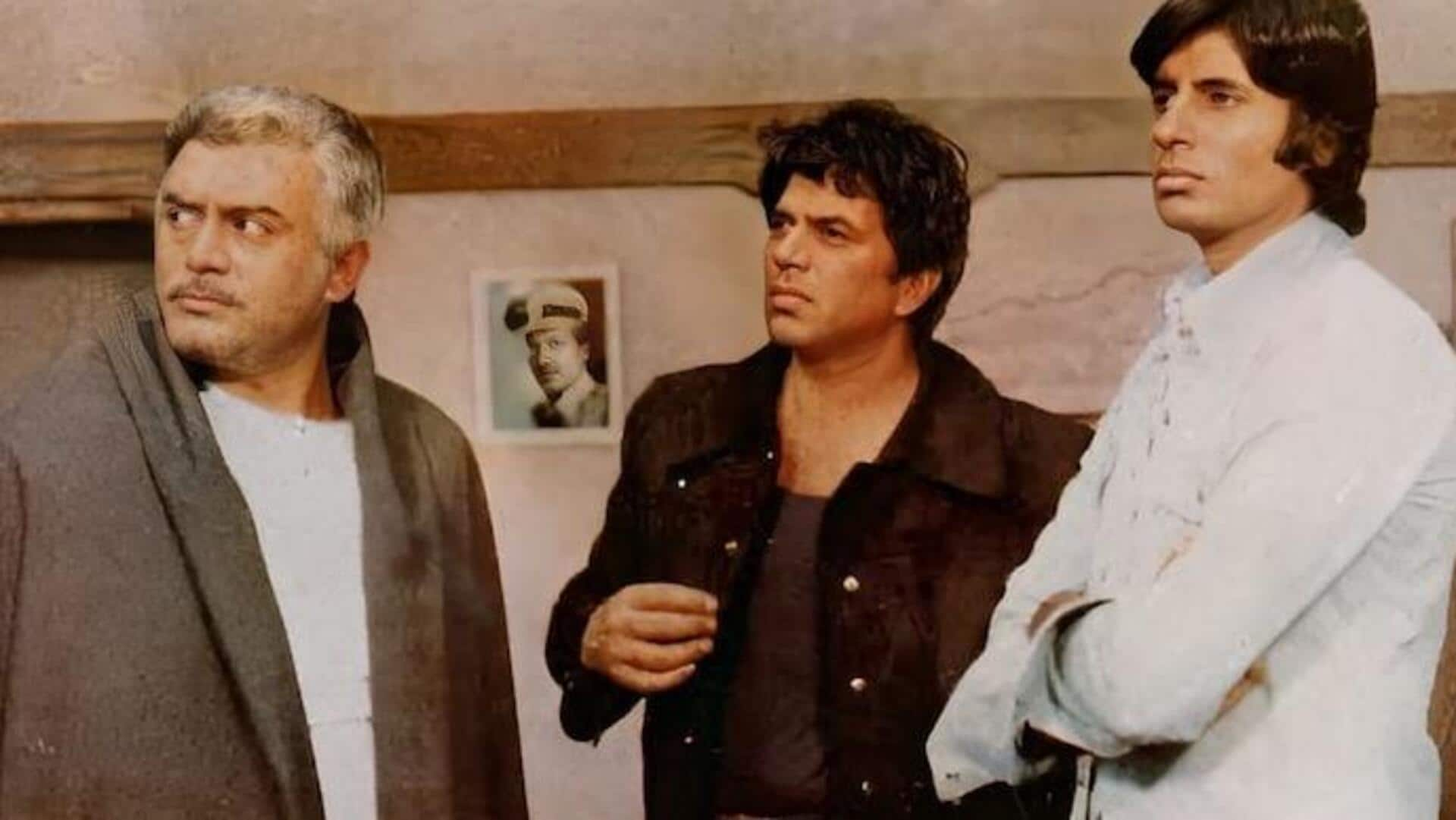
'Wouldn't touch it': Ramesh Sippy says no to 'Sholay' sequel
What's the story
As Sholay celebrates its 50th anniversary, director Ramesh Sippy has opened up about his iconic film and its legacy. He revealed that he would never consider making a sequel to the action-packed classic. "I would not touch it. People will always compare it with the original," said Sippy. The film stars Amitabh Bachchan, Dharmendra, Hema Malini, and Jaya Bachchan.
Film-making journey
The evolution of 'Sholay' and its impact on Indian cinema
Sippy told Screen, "It started as a two-line idea about an army officer. Later, we made him a police officer since cops used to be involved with dacoits more than army men." The film was initially budgeted at ₹1 crore but eventually soared to ₹3 crore due to its action-packed sequences. Despite facing censorship issues for being "too violent," Sippy stood firm on his vision for the film and removed some action scenes instead.
Creative partnership
On the ideal collaboration between a writer and director
Sippy emphasized the significance of a strong collaboration between directors and writers. He said, "The collaboration between a writer and a director is crucial. When you work together as a team, it sets the tone." "If you find a writer who thinks like you, then the partnership is easy. Where the writer's work ends and the director's work begins should be seamless."
Career progression
Sippy's journey from child actor to successful director
Sippy started his career as a child actor in his father GP Sippy's film Shahenshah (1953) and made his directorial debut with Andaz (1971). He then directed Seeta Aur Geeta (1972) before taking on the ambitious project of Sholay (1975), a high-budget action film with an ensemble cast. The movie went on to become one of India's all-time greats, further establishing Sippy's reputation as a versatile filmmaker.
Early films
'Andaz' and 'Seeta Aur Geeta': Highlights of Sippy's early career
Sippy's directorial debut, Andaz, was a unique take on the romance between two single parents. Despite initial skepticism from Shammi Kapoor, who was known as a dancing star, the film proved successful in urban and semi-urban areas. He then directed Seeta Aur Geeta (1972), which starred Malini in dual roles despite popular belief that Mumtaz would be cast since she was the reigning star.